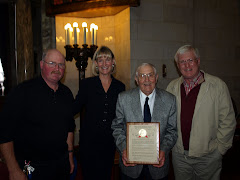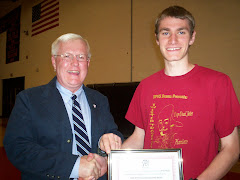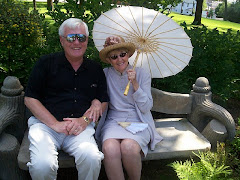Walter, how does the Enlightenment depart, diverge from the Natural Law tradition of St. Thomas Aquinas?
It seems to your humble servant here that the Natural Law tradition has its roots in reality, and the Enlightenment is a flawed “Idealism.”
One of the reasons this writer entered the Roman Catholic Church is because of its Natural Law tradition. It is an arrogance of Reformation historians to portray the “Middle Ages” as bereft of intelligence. Aquinas proves otherwise.
In fact, the “Middle Ages” did not know they were in the middle of anything. It is only the Reformation historians who decided that in fact they were the next step in “Progress,” from which, in turn, stems the whole Enlightenment notion of “Progress,” that we are progressing from a beginning, through a middle, toward a brighter, smarter, gentler future, or Heaven on Earth, as Carl Becker observed in his classic The Heavenly City of the 18th Century Philosophers.
I prefer Natural Law for it aligns with the Hindu / Buddhist idea of repetitive cycles, eternal themes, from which we do not escape. The word is as it is, Buddhism there, and no amount of wishful Enlightenment thinking is going to remove the basic factors of the human condition – the need for courage, compassion, love, etc. to borrow from William Faulkner.
In short, the Enlightenment is flawed, for it departs from the reality of Natural Law with its emphasis on “natural design” – eternal designs, which the Creator fashioned and men cannot violate without doing great harm to themselves.
I think this is at the heart of Liberalism and Conservatism in the classic definition of these terms. In other words, I do not see a start, middle and end toward which we progress. I see an eternal now, as is, on which theme there may be variations in how we express it. This in effect says there are limits, a classic definition of Conservatism, e.g. Russell Kirk, against which Liberalism, the offspring of the Enlightenment, struggles with its idea of limitless progress.
You are one of the few persons with whom this writer can discourse about such things, and I thank you for the conversation. Paul
Subscribe to:
Post Comments (Atom)















No comments:
Post a Comment